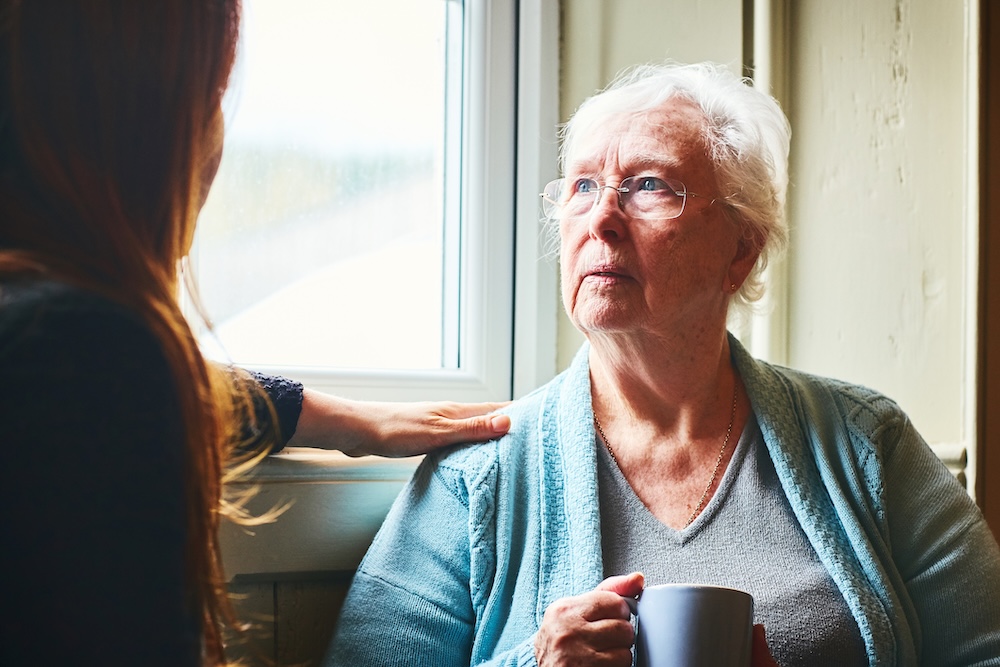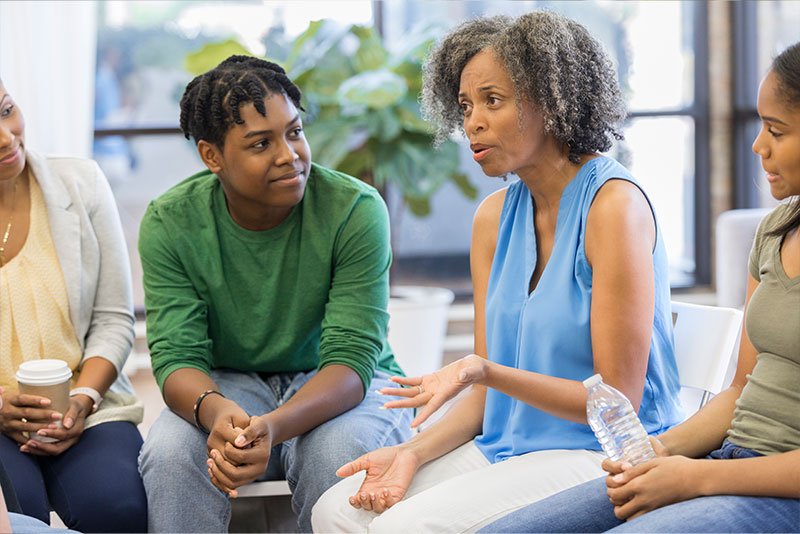What to Expect Emotionally When Your Caregiving Role Ends


Knowing what to expect emotionally when your caregiving role ends can help you heal, reflect, and begin to rediscover yourself.
When caregiving becomes your full-time reality, it can be hard to imagine life any other way. So, when that chapter comes to a close, the quiet that follows can feel overwhelming. If you’re struggling with what to expect emotionally when your caregiving role ends, you’re not alone. This transition brings a wide mix of feelings that can be confusing, unexpected, or even contradictory.
You may feel sadness, relief, guilt, or exhaustion. You may feel all of those things in a single afternoon. The important thing to remember is that there is no “right” way to feel, and nothing you’re experiencing makes you any less compassionate or committed.
Here are just a few emotions that commonly show up when caregiving ends:
- Anger
- Sadness
- Grief
- Relief
- Confusion
- Hopelessness
- Exhaustion
- Guilt
How to Begin Processing the Transition
After caregiving ends, it’s natural to feel disoriented. You’ve spent so much time focused on another person’s needs that your own may feel foreign. Give yourself permission to pause and process. This time is not wasted. It’s necessary for emotional recovery.
Reflect on your caregiving experience:
- What did you learn about yourself?
- What moments made you proud?
- What would you say to someone else going through the same thing?
It’s also very common to revisit things you wish had gone differently. The “what ifs” can be loud. But try to remember this: you were doing your best under incredibly complex circumstances. Caregiving is not perfect. It is real, raw, and human. Mistakes do not erase the love and effort you poured into each day.
Guilt Is Normal—But It Doesn’t Have to Stay
If guilt shows up, don’t ignore it, but don’t feed it, either. You might find yourself thinking, “I should have done more,” or “I wish I’d been more patient.” These thoughts are common, but not often rooted in reality. Shift your focus to all that you did do. The sacrifices. The sleepless nights. The patience, the meals, the emotional support.
Extend the same compassion to yourself that you would to a close friend. You deserve it.
What Comes Next? Rebuilding and Rediscovering
Once the fog begins to lift, you may wonder how to fill your time or reconnect with parts of your identity that have been on hold. Start with small, meaningful steps.
Ask yourself:
- Are there relationships I’ve unintentionally neglected? How can I reconnect?
- How do I want to structure my day without caregiving at the center?
- What hobbies or interests have I missed that I want to explore again?
- Would volunteering give me purpose or connection?
You don’t have to jump back into a busy schedule. Rebuilding your life after caregiving isn’t a race; it’s a rebalancing.
Try something simple, like inviting a friend to lunch or going for a walk in a favorite spot. Prioritize self-care. Rest when you’re tired. Laugh when you can. Slowly, life will take on a new rhythm, one that still holds space for everything caregiving taught you.
Still Feel Called to Care? Let’s Talk
Many people find they genuinely miss the experience of helping someone else after caregiving ends. If that sounds like you, we’d love to talk. Your caregiving experience is valuable, and you have the potential to brighten someone else’s life in a professional role, with support, training, and a team behind you.
Call us at (866) 940-4343 to learn more about becoming a caregiver in Santa Rosa, Petaluma, Napa, and throughout the Bay Area.








Leave a Reply